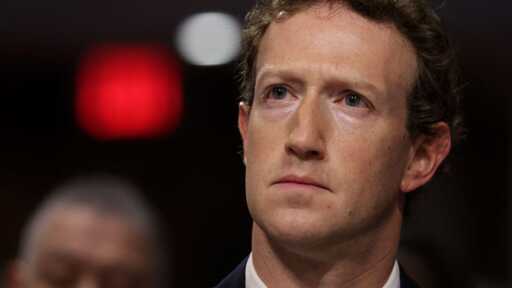Why Mark Zuckerberg wants to redefine open source so badly
-
He is definitely in the same list as Trump and Elon Musk.
-
-
PostgreSQL is not built on top of the data you host in your db. It's not a valid comparison.
-
Open source software doesn't, by definition, place restrictions on usage.
The license must not restrict anyone from making use of the program in a specific field of endeavor.
Clauses like "you can use this software freely except in specific circumstances" fly against that. Open source licenses usually have very little to say about what the software should be used for, and usually just as an affirmation that you can use the software for whatever you want.
-
Open source software can be sold at different prices to different customers, and still remain open source. Open source software can also be sold only to certain types of customers, and still remain open source. Who the developer decides to sell or distribute the software to, and at what price, is unrelated to how the software is licensed.
However, because the Open Source Definition prohibits open source software licenses from discriminating against "any person or group of persons", the customers who buy open source software cannot be restricted from reselling or redistributing the software to any other individual or organization.
-
Right, which means that you practically cannot give open source software for free to non-corporations while selling it to corporations while still being fully open source, as the corporations can simply get it for free from any non-corporation.
-
If you are referring to licenses that prohibit commercial use or prevent certain types of users from using the software, those licenses are not open source because they "discriminate against any person or group of persons".
-
Exactly!
-
But at least that way they get to power trip
-
I appreciate the clarification, thank you!
-
To note is that this definition was discussed for awhile with many engineers in the AI field, including from Meta.
-
Software licenses that "discriminate against any person or group of persons" or "restrict anyone from making use of the program in a specific field of endeavor" are not open source. Llama's license doesn't just restrict Llama from being used by companies with "700 million monthly active users", it also restricts Llama from being used to "create, train, fine tune, or otherwise improve an AI model" or being used for military use (although Meta made an exception for the US military). Therefore, Llama is not open source.
-
The OSI's definition actually tackles this pretty well:
Sufficient information as to the source of the data so that one could potentially go out and to retrieve it, and recreate the model, is sufficient to fall within the OSAI definition.
-
-
-
-
-
That’s not what his phrase meant.
If you have the OSI-approved license, you are open source. If you don't, then you have some other kind of license.
What he’s saying is that there’s no partially open source license. You’re either using a OSI-approved license, to which you can say your software is open source, or you don’t. It doesn’t matter that your software has 90% of the terms of an open source license, but you restrict it in situation X (“corporations can’t use it without paying me”), in that case it simply isn’t open source, it’s another made up license.
-
expend, reload, repeat
-
That's incorrect. GPL licenses are open source.
The GPL does not restrict anyone from selling GPL-licensed software as a component of an aggregate software distribution.



